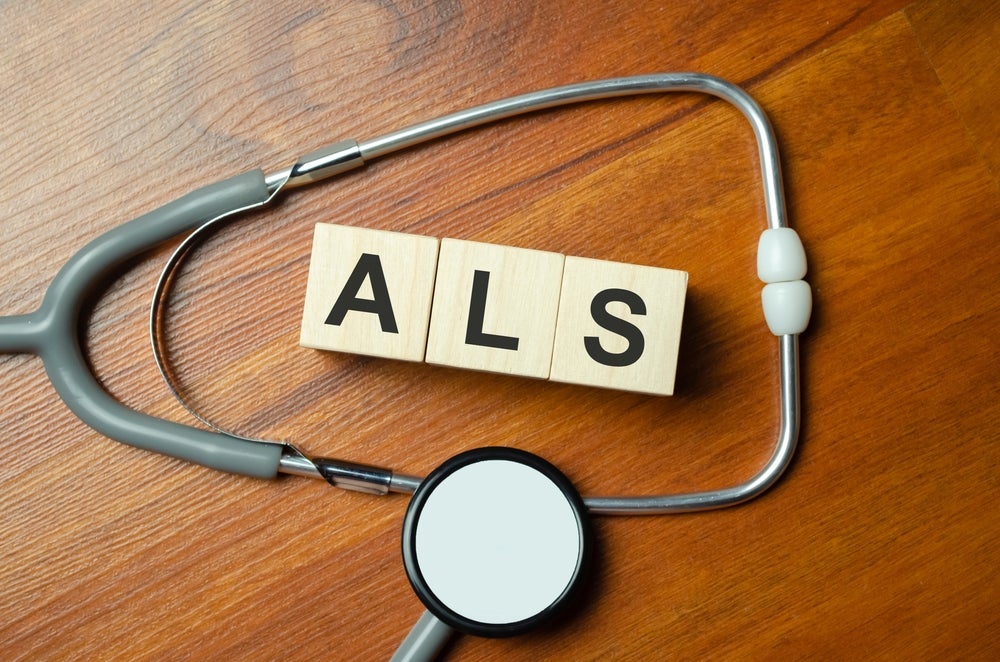BrainStorm Cell Therapeutics will be initiating a Phase IIIb confirmatory trial of its lead candidate NurOwn after discussions with the US Food and Drug Administration (FDA) following a previous Phase III failure.
The company announced the FDA has provided a written agreement under a special protocol assessment (SPA), on the design for a Phase IIIb trial of NurOwn (debamestrocel) in amyotrophic lateral sclerosis (ALS).
The SPA agreement with the FDA validates the clinical trial protocol and statistical analysis of the trial. CEO Chaim Lebovits adds that the assessment will help de-risk certain regulatory aspects of the trial to help with the push for approval.
BrainStorm has said that the Phase IIIb study is likely to be initiated in 2024.
The study will consist of two parts; part A will be a double-blind, placebo-controlled period of 24 weeks involving approximately 200 patients while part B will be a 24-week open-label extension study. The primary endpoint is the change in the Revised Amyotrophic Lateral Sclerosis Functional Rating (ALSFRS-R) total score from baseline to week 24.
BrainStorm has faced a number of hurdles with NurOwn. The battle started in February 2021 when the FDA advised against filing a Biologics License Application (BLA). In August 2022, the company went back to the FDA with Phase III trial (NCT03280056) data, which did not meet the primary endpoint, with the BLA submission being rejected later that year.
The company then used the FDA’s File Over Protest procedure, to secure an advisory committee (AdCom) meeting. The committee voted 17-1 against NurOwn’s efficacy for mild to moderate ALS, citing concerns regarding mechanisms of action, manufacturing, and failure to meet the primary endpoint.
NurOwn is an autologous, adult stem cell therapy developed based on a differentiation method which reprograms bone marrow-derived mesenchymal stem cells (MSC) into highly specialised, neuron-supporting cells.
Although the Phase III trial did not meet the primary endpoint, there were some positives including a notable decrease in neurofilament light.
Healthcare analyst at GlobalData, Momna Ali said: “The impact of NurOwn on neurofilament light is noteworthy, especially in light of the FDA’s recent approval of tofersen (Qalsody; Biogen). Similar to NurOwn, tofersen fell short of its primary endpoint. Tofersen, the first therapy for patients with SOD1 mutation-mediated ALS, gained approval based on reductions in the same biomarker.”
GlobalData’s Pharmaceutical Intelligence Centre predicts global sales of NurOwn to reach $964m in 2029.
GlobalData is the parent company of the Clinical Trials Arena.
ALS landscape
ALS is a fatal type of motor neuron disease characterised by progressive degeneration of nerve cells in the spinal cord and brain.
A GlobalData report found that developing disease-modifying treatments for this disease has proven challenging, with a high failure rate in trials often attributed to the disease’s unclear etiology and complex pathophysiology, resulting in a persistent unmet need for effective treatments.
On 4 April, Amylyx Pharmaceuticals announced it was withdrawing its ALS drug Relyvrio from the market after disappointing Phase III data, with the trial failing to meet a single endpoint. The candidate was granted accelerated approval in September 2022.
Cell & Gene Therapy coverage on Clinical Trials Arena is supported by Cytiva.









